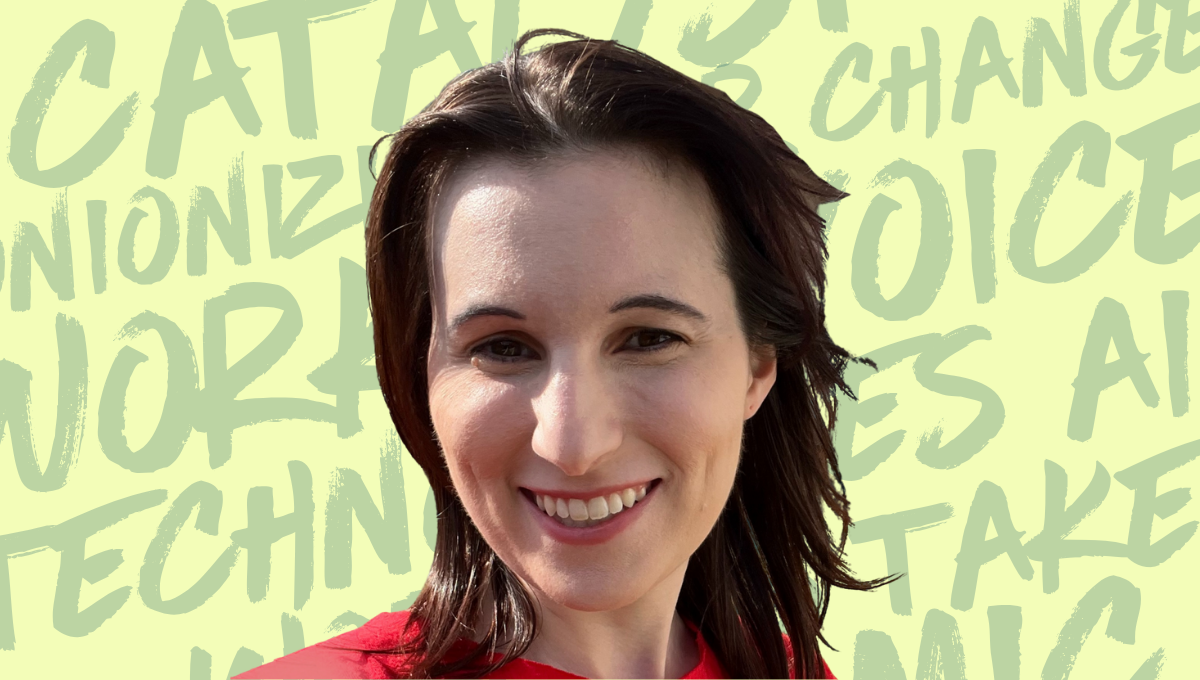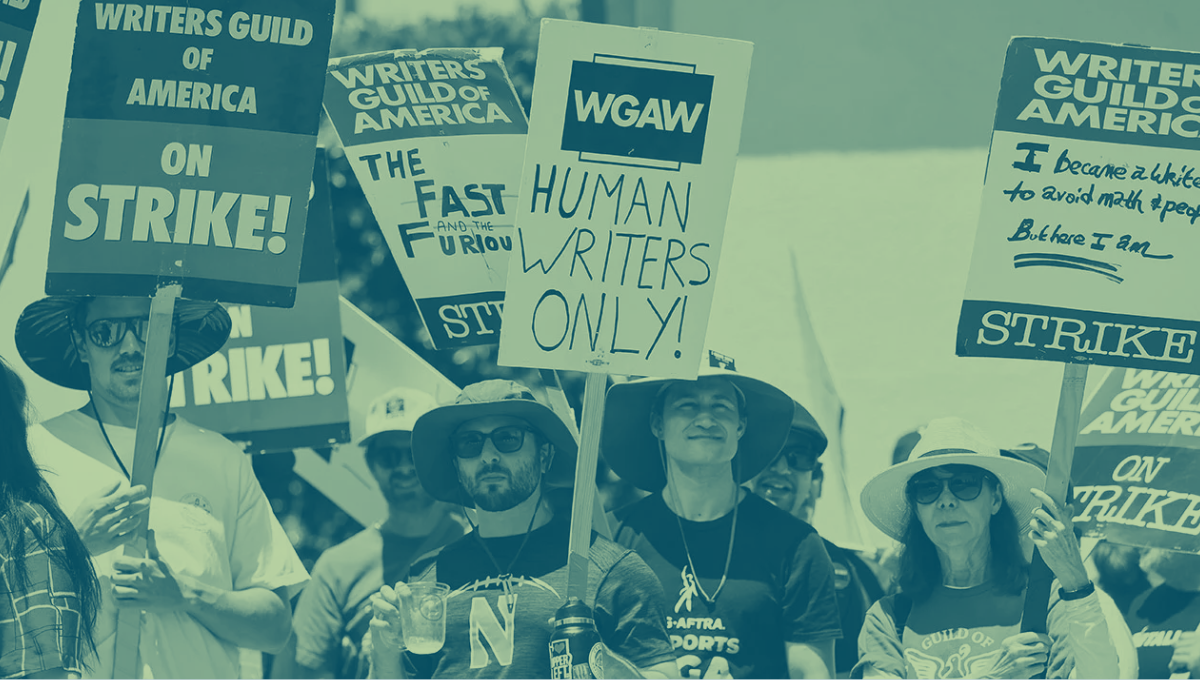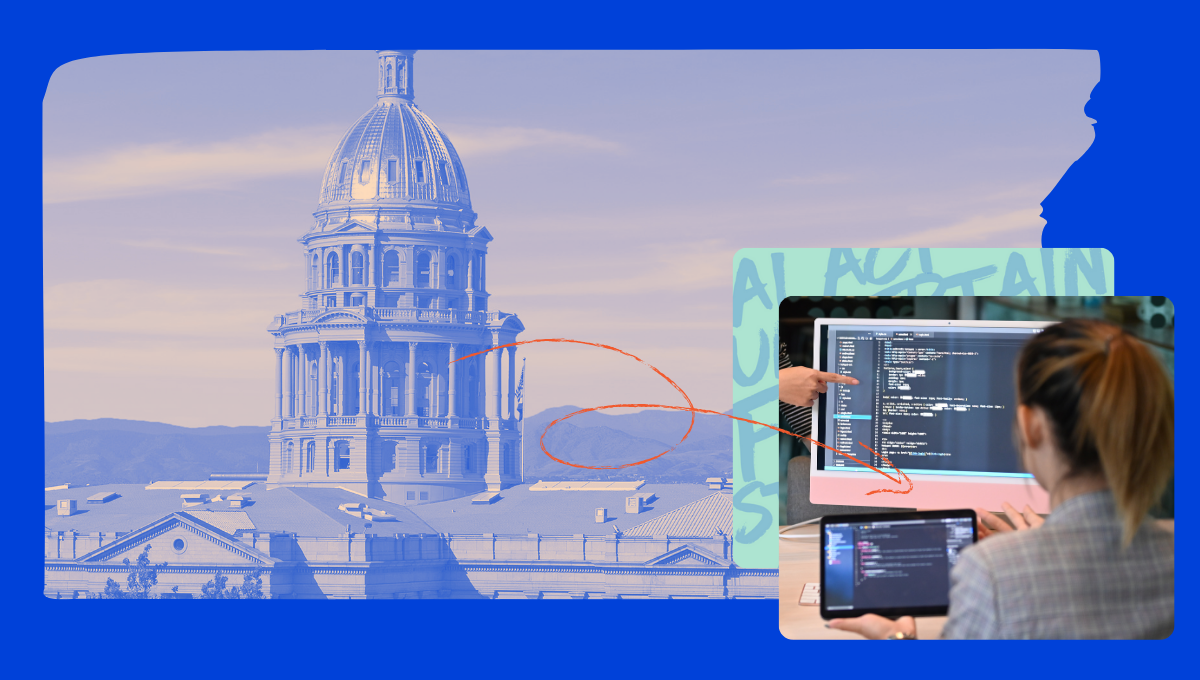This July, the California Privacy Protection Agency unanimously voted—against objections from consumer and labor advocacy groups—on new rules governing automated decision-making tools.
This decision seemed at odds with two current realities: that many of the impacts of AI are already well-documented, and that constituents strongly believe the government should be protecting them against these harms, even if it is done at the expense of winning a geopolitical competition.
Earlier this spring, TechEquity commissioned a study led by communications expert Daniel Stone of Diffusion.Au and Lake Research Partners to gain a deeper understanding of how Californians are thinking and feeling about artificial intelligence. They surveyed 1,400 California adults and conducted focus groups with 21 participants from April 29 to July 10, 2025, to glean their knowledge of AI, identify their hopes, fears, and expectations about AI and the tech industry, and understand how they feel the government should respond.
This is what we learned.
Key takeaways
A supermajority of Californians have significant concerns about AI and want government to create guardrails on AI tools and the companies that build them. Clear majorities of respondents are concerned about AI-fueled job loss, wage stagnation, privacy violations, and discrimination.
The research indicates that 55% of Californians are more concerned about future AI advancements than excited, while only 33% are more excited than concerned—a 22% difference. Nearly half (48%) think AI is advancing too fast, while only 32% believe it is advancing at the right pace.
Other key research data points include:
- 59% of Californians think that AI will most likely benefit the wealthiest households and corporations, not working people and the middle class. This is true across Democrats and Republicans alike.
- 70% of Californians think we need strong laws to force companies to make AI safe and secure.
- An overwhelming majority favors policies including those that:
- Protect privacy (81%)
- Enforce civil rights (73%)
- Enact non-discrimination rules (73%)
- Californians are most concerned with AI’s impact on
- Creating deepfakes (64%)
- Spreading disinformation (59%)
- Violating personal privacy (58%)
- Reducing wages (55%)
- Replacing low-paying jobs (52%)
Want to learn more about AI policy that puts people first? Check out our People-First AI page for more resources.







